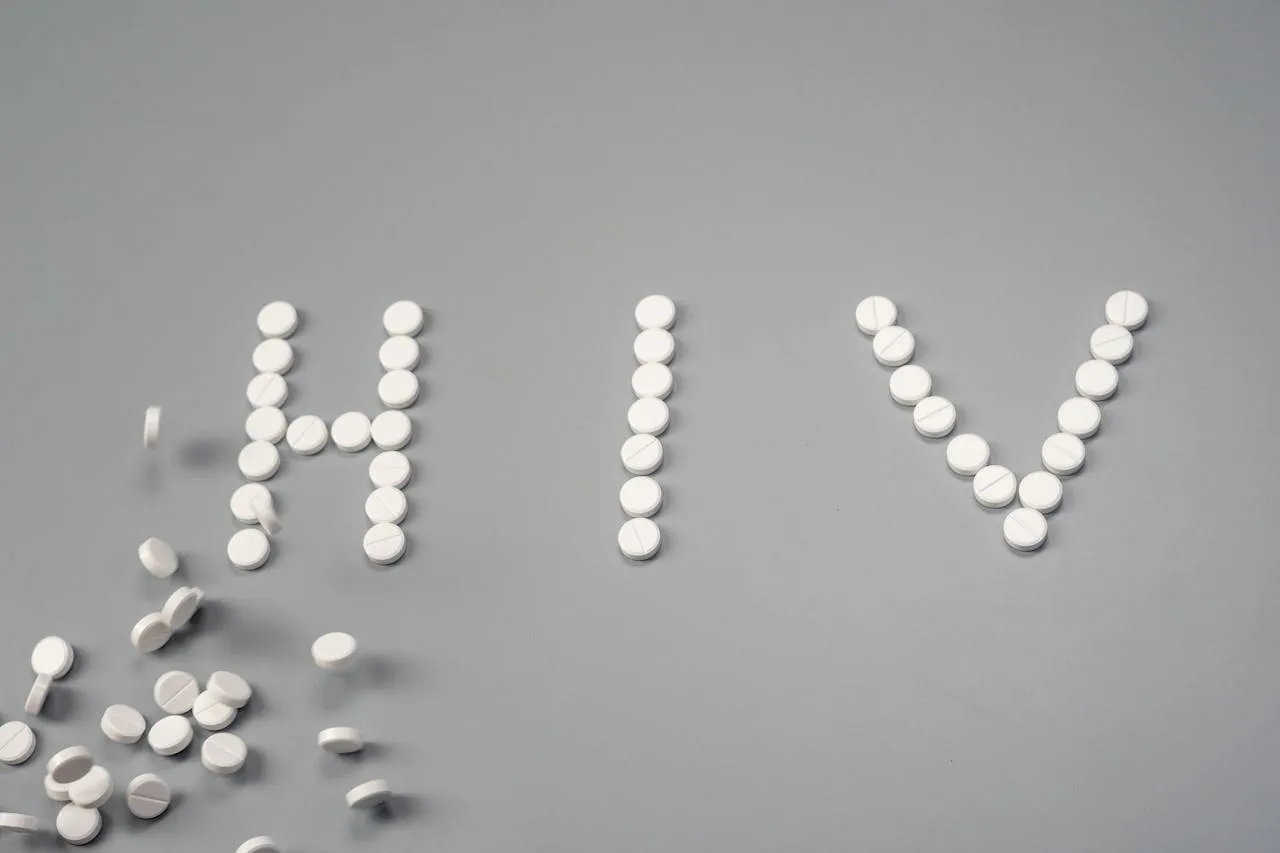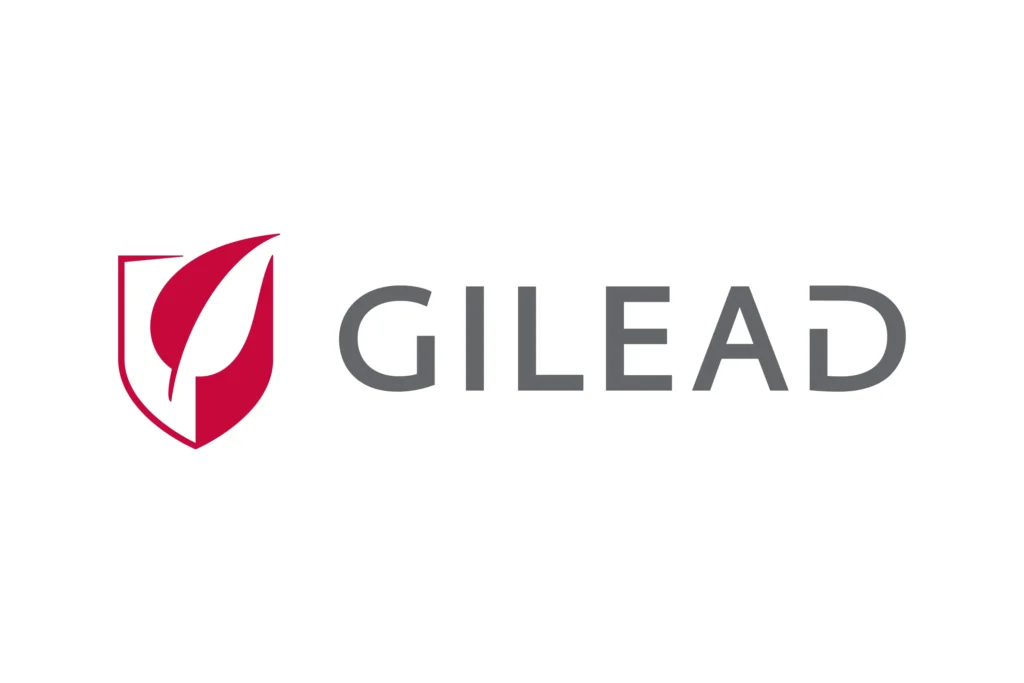
Gilead Partners With PEPFAR and Global Fund to Deliver Twice-Yearly Lenacapavir for HIV Prevention Across Low- and Lower-Middle-Income Countries
Gilead Sciences, Inc. (Nasdaq: GILD) has announced a major new global partnership with the U.S. State Department, the United States President’s Emergency Plan for AIDS Relief (PEPFAR), and the Global Fund to Fight AIDS, Tuberculosis and Malaria. The collaboration aims to deliver Gilead’s innovative twice-yearly injectable HIV-1 capsid inhibitor, lenacapavir, for use as pre-exposure prophylaxis (PrEP). The initiative is expected to provide access for up to two million people over the next three years, focusing primarily on low- and lower-middle-income countries (LLMICs) where the HIV epidemic continues to exert a devastating toll.
This partnership marks one of the most ambitious global HIV prevention undertakings to date, leveraging Gilead’s breakthrough innovation with the deep global infrastructure and implementation expertise of PEPFAR and the Global Fund. Together, the organizations aim to transform access to cutting-edge HIV prevention technologies, accelerate adoption in high-incidence regions, and reduce the number of new infections worldwide.
A Coordinated Push Against HIV
At the heart of this collaboration lies the shared commitment to address a stubborn gap in the global HIV response: the prevention of new infections. Although scientific and medical progress has been remarkable in the past two decades, including the rollout of oral PrEP, significant barriers to uptake remain. Daily oral PrEP regimens have demonstrated powerful effectiveness in reducing HIV transmission risk, but adherence challenges, stigma, and access gaps in many regions have limited their full potential.
Lenacapavir represents a paradigm shift. Administered as a subcutaneous injection only once every six months, it drastically reduces the treatment burden, offering people at risk of HIV a discreet, long-acting, and highly effective prevention option. For communities in sub-Saharan Africa, Asia, and other resource-limited regions where adherence to daily oral medications is especially challenging, this innovation has the potential to be life-changing.
Gilead CEO Daniel O’Day emphasized the company’s motivations:
“The support of the U.S. State Department through PEPFAR will accelerate access to lenacapavir and move us closer to ending the HIV epidemic. Lenacapavir is one of the most important scientific breakthroughs of our time and the result of nearly two decades of work by Gilead scientists. We are providing the medicine at no profit in this partnership so we can support the U.S. government in delivering life-saving programs where the need is most urgent.”
By pledging to provide lenacapavir at no profit, Gilead underscores the recognition that HIV prevention is not merely a business imperative but a global health and humanitarian priority.
U.S. Government Commitment to Global HIV Response
The U.S. State Department highlighted the significance of this initiative in advancing its foreign assistance and humanitarian agenda. Jeremy Lewin, Senior Official for Foreign Assistance, Humanitarian Affairs, and Religious Freedom, underscored the broader strategic dimensions of the partnership:
“This U.S. commitment exemplifies Secretary Rubio’s America First life-saving assistance agenda: it champions American innovation, advances the Administration’s goal of ending mother-to-child transmission of HIV during President Trump’s second term, and will serve as an important catalyst for greater global and private sector investment in access to this groundbreaking medication.”
The message reinforced the U.S. government’s long-standing role in the global HIV response. Since its launch in 2003, PEPFAR has saved more than 25 million lives, according to U.S. government estimates, and provided antiretroviral treatment to tens of millions of people worldwide. This new focus on prevention through lenacapavir adds an essential dimension to its legacy.
Global Fund’s Perspective: Innovation in a Resource-Constrained World
For the Global Fund, which finances HIV prevention, treatment, and care programs across dozens of countries, integrating lenacapavir represents both a challenge and an opportunity. Peter Sands, Executive Director of the Global Fund, framed the urgency:

Accelerating access to innovations like lenacapavir is imperative if we are to turn the tide against HIV. In a severely resource-constrained environment, we must ensure that breakthrough tools are deployed rapidly, affordably, and in the most impactful way possible. By targeting where lenacapavir can have the greatest effect, and working with the U.S. and Gilead, we can help countries integrate it efficiently into their HIV prevention programs—reducing new infections and enabling them to move more quickly along the pathway toward transition and self-reliance.”
The Global Fund’s involvement is critical because it not only provides financing but also helps design, implement, and monitor national HIV prevention strategies, ensuring that new technologies do not remain confined to wealthier markets.
Gilead’s Access Strategy for Lenacapavir
The new PEPFAR and Global Fund partnerships represent just one piece of Gilead’s multi-pronged access strategy for lenacapavir. The company has long recognized that without proactive measures, high prices, regulatory delays, and distribution bottlenecks could limit the reach of this breakthrough innovation.
Key elements of Gilead’s access framework include:
1. Voluntary Licensing Agreements
Gilead has secured royalty-free licensing agreements with six generic manufacturers, covering 120 high-incidence, resource-limited countries that collectively account for a significant portion of the global HIV burden. These agreements empower local manufacturers to seek regulatory approvals, scale up production, and ensure that sufficient volumes are available at affordable prices. Competition among generic suppliers will further help drive costs down.
2. Regulatory Submissions
By the end of 2025, Gilead plans to complete regulatory submissions for lenacapavir for PrEP in 18 countries that together represent about 70% of the HIV burden in the licensing region. These include major sub-Saharan African countries such as Kenya, Nigeria, Uganda, Tanzania, and South Africa, as well as key Asian countries including Vietnam, Thailand, and the Philippines.
The company is pursuing a phased, accelerated regulatory approach:
- EU-M4all Positive Opinion (July 2025): Provides a streamlined pathway for WHO prequalification and national approvals.
- WHO Prequalification (Expected late 2025): A critical benchmark for procurement by international organizations and national health systems.
- WHO SRA Collaborative Registration Procedure: Utilizes stringent regulatory reviews to accelerate local approvals.
3. Ensuring Supply Security
To avoid delays once approvals are secured, Gilead has contracted at-risk manufacturing capacity, producing vials of lenacapavir and corresponding oral initiation doses in advance. This ensures that supply will be ready for up to two million people covered by the partnership until generics scale up.
4. Middle-Income Country Strategy
For middle-income countries with high HIV burdens not covered by voluntary licenses, Gilead is pursuing tiered pricing models, public-private partnerships, and negotiations with payers to create access pathways.
5. Extending Beyond the Core Countries
Gilead is also exploring partnerships with organizations like the Pan American Health Organization (PAHO) to expand access in regions outside the voluntary license scope, particularly in Latin America.
Broader Stakeholder Engagement
Gilead has made clear that its strategy is not limited to regulatory and manufacturing dimensions but also includes robust engagement with governments, multilateral agencies, and community-based organizations. Ensuring cultural sensitivity, local buy-in, and community trust is essential for effective uptake of PrEP.
The company has committed to providing ongoing updates on regulatory filings, supply availability, and partnership milestones. It has also expressed gratitude for the contributions of local stakeholders, whose lived experiences and advocacy will shape successful implementation.
Status of Lenacapavir Approvals
Currently, lenacapavir for HIV prevention is only approved in the United States and the European Union. In the U.S., the product is marketed under the brand name Yeztugo®, following its approval for PrEP earlier this year. Other global approvals will depend on the ongoing regulatory submissions and WHO prequalification process.
It is important to note that while lenacapavir represents a groundbreaking prevention tool, there remains no cure for HIV or AIDS. Prevention, alongside continued investment in treatment and research, remains the cornerstone of the global response.
U.S. Access Strategy for Yeztugo®
While Gilead is working aggressively to expand access internationally, it has also developed a U.S. access framework for lenacapavir under the brand Yeztugo®.
- Insurance Coverage: Gilead is engaging with insurers, healthcare systems, and payers to ensure broad coverage.
- Co-Pay Assistance: For commercially insured patients, the Advancing Access® Co-Pay Savings Program can reduce out-of-pocket costs to as little as zero.
- Medication Assistance Program: For uninsured patients, Gilead’s program will provide Yeztugo® free of charge for those who meet eligibility criteria.
This dual approach—supporting access both domestically and globally—demonstrates Gilead’s recognition of HIV prevention as a universal public health priority.
The new partnership between Gilead, PEPFAR, and the Global Fund signals a pivotal moment in the global fight against HIV. By committing to provide lenacapavir at no profit and aligning with two of the world’s largest HIV funding and implementation programs, Gilead has set the stage for potentially transformative impact.
If implemented effectively, the initiative could not only reduce new infections in some of the hardest-hit countries but also help reshape the HIV prevention landscape for the future—introducing long-acting injectable options as a standard of care.
The pathway will not be without challenges. Regulatory hurdles, supply chain complexities, financing constraints, and community adoption all remain significant issues. Yet the unprecedented collaboration and proactive planning underway suggest that these barriers are surmountable.
For the millions of people who remain at risk of HIV worldwide, lenacapavir’s arrival could represent a historic turning point—offering hope for a future where prevention is simpler, more accessible, and more effective than ever before.





